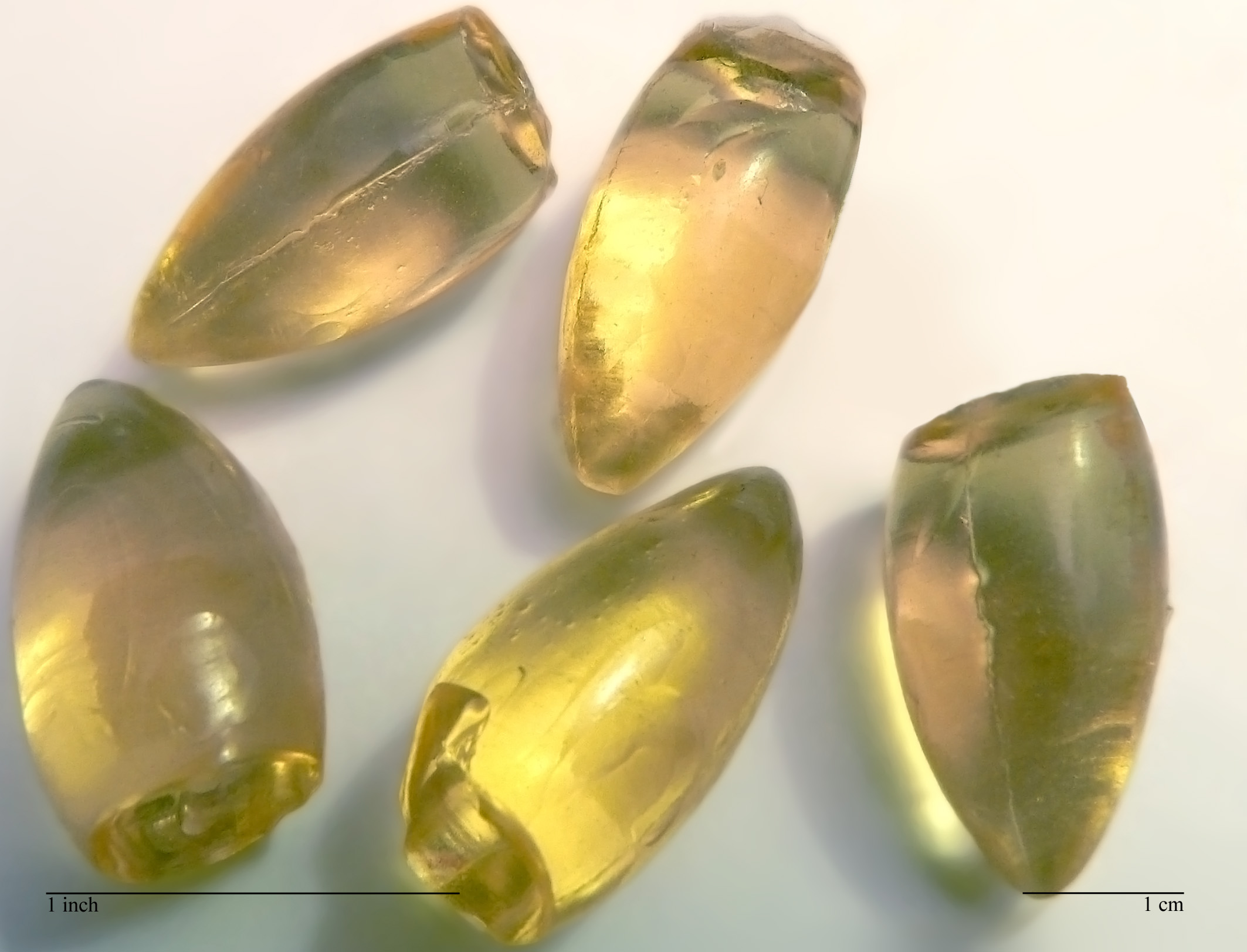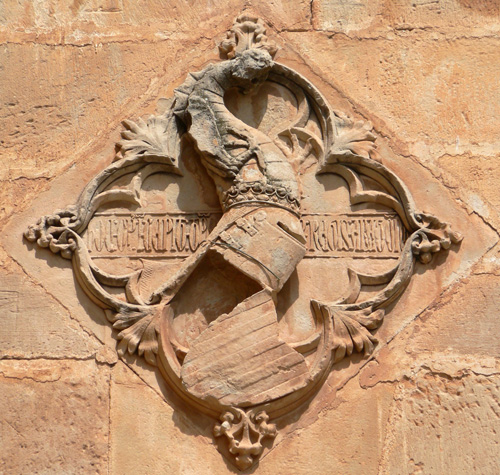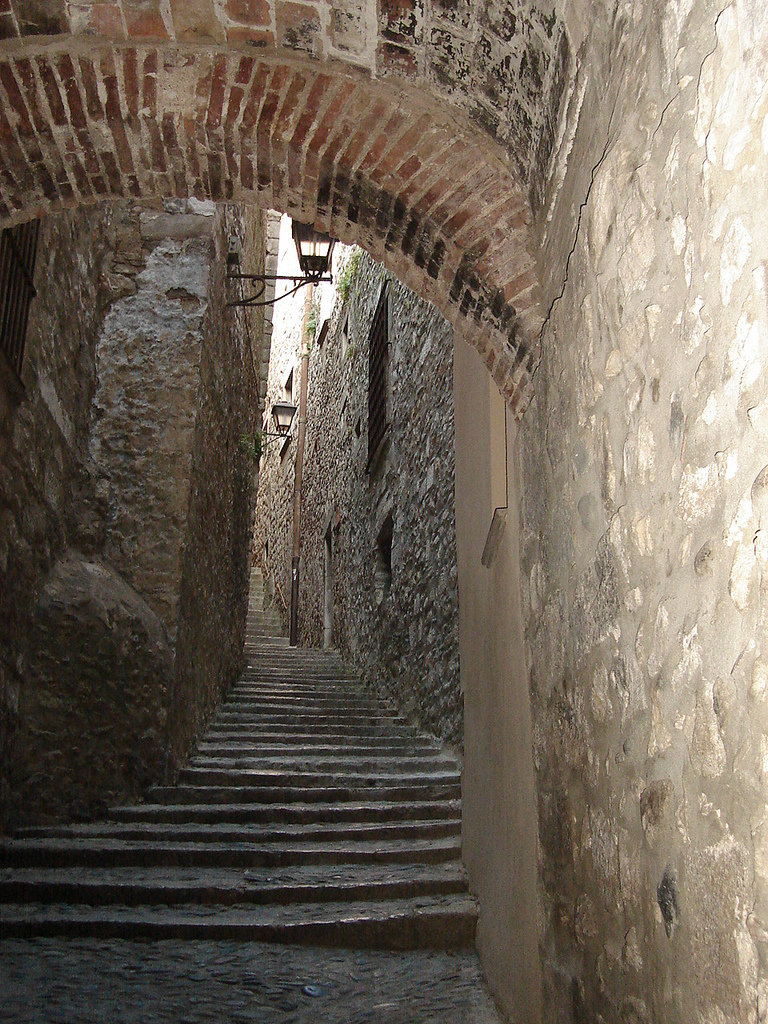|
David Ben Yom Tov
David ben Yom Tov, also David Bonjorn del Barri, was a Catalan Jewish astronomer and astrologer who lived in the first half of the fourteenth century. He is reported to have been born at Cotlliure in Catalonia in around 1300, and to have died in Barcelona, probably before 1361. In the past some scholars, including the nineteenth century scholar Moritz Steinschneider, have identified ben Yom Tov with the Portuguese Jewish scholar David ben Yom Tov ibn Bilia; this is now considered unlikely. Life Sobrequés estimates that David ben Yom Tov was born at Cotlliure in about 1300. He was also called David Bonjorn, Bonjorn being a literal Catalan translation of the Hebrew ''Yom Tov'', i.e. "good day". His father was Bonjorn del Barri, a wealthy merchant of the province of Roussillon just north of the Pyrenees, which at that time was part of the Catalan Kingdom of Majorca. In 1323 del Barri is recorded as having been granted permission by King Sancho of Majorca to join the council of ... [...More Info...] [...Related Items...] OR: [Wikipedia] [Google] [Baidu] |
Catalan People
Catalans (Catalan, French and Occitan: ''catalans''; es, catalanes, Italian: ''catalani'', sc, cadelanos) are a Romance ethnic group native to Catalonia, who speak Catalan. The current official category of "Catalans" is that of the citizens of Catalonia, an autonomous community in Spain and the inhabitants of the Roussillon historical region in southern France, today the Pyrénées Orientales department, also called Northern Catalonia and '' Pays Catalan'' in French. Some authors also extend the word "Catalans" to include all people from areas in which Catalan is spoken, namely those from Andorra, Valencia, the Balearic islands, eastern Aragon, Roussillon, and the city of Alghero in Sardinia. The Catalan government regularly surveys its population regarding its "sentiment of belonging". As of July 2019, the results point out that 46.7% of the Catalans and other people living in Catalonia would like independence from Spain, 1.3% less than the year before. Histo ... [...More Info...] [...Related Items...] OR: [Wikipedia] [Google] [Baidu] |
Joseph Caspi
Joseph ben Abba Meir ben Joseph ben Jacob Ibn Kaspi, also known as Yosef Caspi (1280 Arles—1345 Majorca),Kahan. M. Joseph Kaspi - from Arles to Majorca. ''Iberia Judaica'' VIII 016 pp. 181-192. At https://www.academia.edu/22766219/Kahan_M_JOSEPH_IBN_KASPI_-FROM_ARLES_TO_MAJORCA_._2016_Iberia_Judaica_VIII._pp._181-192. was a Provençal exegete, grammarian, and philosopher, apparently influenced by Averroës. Biography His family hailed from Largentière, from whence his Hebrew surname "Caspi" (made of silver) derived. His Provençal name was Don Bonafous de Largentera, or in French En Bonafoux de L'Argentière. He traveled much, visiting Arles, Tarascon, Aragon, Catalonia, Majorca (where he must have foregathered with Judah Leon ben Moses Mosconi), and Egypt, where, as he says in his ''Tzava'ah'' (ethical will), he hoped to be instructed by the members of Maimonides' family. This hope was not realized, as the descendants of Maimonides were more pious than learned. At one time ... [...More Info...] [...Related Items...] OR: [Wikipedia] [Google] [Baidu] |
Purgative
Laxatives, purgatives, or aperients are substances that loosen stools and increase bowel movements. They are used to treat and prevent constipation. Laxatives vary as to how they work and the side effects they may have. Certain stimulant, lubricant and saline laxatives are used to evacuate the colon for rectal and bowel examinations, and may be supplemented by enemas under certain circumstances. Sufficiently high doses of laxatives may cause diarrhea. Some laxatives combine more than one active ingredient. Laxatives may be administered orally or rectally. Types Bulk-forming agents Bulk-forming laxatives, also known as roughage, are substances, such as fiber in food and hydrophilic agents in over-the-counter drugs, that add bulk and water to stools so that they can pass more easily through the intestines (lower part of the digestive tract). Properties * Site of action: small and large intestines * Onset of action: 12–72 hours * Examples: dietary fiber, Metamucil, Citru ... [...More Info...] [...Related Items...] OR: [Wikipedia] [Google] [Baidu] |
Medical Astrology
Medical astrology (traditionally known as iatromathematics) is an ancient applied branch of astrology based mostly on ''melothesia'' (Gr. μελοθεσία), the association of various parts of the body, diseases, and drugs with the nature of the sun, moon, planets, and the twelve astrological signs. The underlying basis for medical astrology, astrology itself, is considered to be a pseudoscience as there is no scientific basis for its core beliefs. Paul R. Thagard,Why Astrology is a Pseudoscience, PSA, vol 1. University of Chicago Press, 1978. Historical references Medical astrology was mentioned by Marcus Manilius (1st century AD) in his epic poem Poetry (derived from the Greek '' poiesis'', "making"), also called verse, is a form of literature that uses aesthetic and often rhythmic qualities of language − such as phonaesthetics, sound symbolism, and metre − to evoke meanings ... (8000 verses) ''Astronomica''. Publications * Ficino, Marsilio, ''Three Boo ... [...More Info...] [...Related Items...] OR: [Wikipedia] [Google] [Baidu] |
Astronomical Table
In astronomy and celestial navigation, an ephemeris (pl. ephemerides; ) is a book with tables that gives the trajectory of naturally occurring astronomical objects as well as artificial satellites in the sky, i.e., the position (and possibly velocity) over time. Historically, positions were given as printed tables of values, given at regular intervals of date and time. The calculation of these tables was one of the first applications of mechanical computers. Modern ephemerides are often provided in electronic form. However, printed ephemerides are still produced, as they are useful when computational devices are not available. The astronomical position calculated from an ephemeris is often given in the spherical polar coordinate system of right ascension and declination, together with the distance from the origin if applicable. Some of the astronomical phenomena of interest to astronomers are eclipses, apparent retrograde motion/planetary stations, planetary es, sidereal time, ... [...More Info...] [...Related Items...] OR: [Wikipedia] [Google] [Baidu] |
Jacob Ben David Poel Ben Yom Tov
Jacob ben David ben Yom Tov (also Yomtob or Jomtob or Bonjourn or Bonet), Schoenberg Center for Electronic Text and Image, also known as ha-Poel (or Fu'al), was a |
Judah Mosconi
Judah Leon ben Moses Mosconi (born 1328) was a Bulgarian scholar and Talmudist born at Ohrid. Owing to the wars which agitated Bulgaria in the 14th century, Mosconi left his native country about 1360. He traveled in all the three continents of the Old World. He was in Chios and Cyprus, in Négropont (where he became the pupil of Shemariah b. Elijah al-Iḳriṭi), in Laodicea, and later in Egypt (where he studied under Obadiah Miẓri, to whom he owed "the greatest part of his learning"). He was afterward in Morocco, in Italy, and in France. In Perpignan he made the acquaintance of several scholars, among them Moses Narboni and David Bongoron. Mosconi was well versed in philosophical works, both Hebrew and Arabic; but, having a predilection for metaphysics, he occupied himself particularly with Ibn Ezra's commentary on the Pentateuch, on which he wrote a supercommentary. Most of the 30 supercommentaries on Ibn Ezra which Mosconi examined during his wanderings were, in his opinion ... [...More Info...] [...Related Items...] OR: [Wikipedia] [Google] [Baidu] |
Peter IV Of Aragon
Peter IV, ; an, Pero, ; es, Pedro, . In Catalan, he may also be nicknamed ''el del punyalet'': "he of the little dagger". (Catalan: ''Pere IV''; 5 September 1319 – 6 January 1387), called the Ceremonious (Catalan: ''el Cerimoniós''), was from 1336 until his death the king of Aragon, Sardinia-Corsica, and Valencia, and count of Barcelona. In 1344, he deposed James III of Majorca and made himself King of Majorca. His reign was occupied with attempts to strengthen the crown against the Union of Aragon and other such devices of the nobility, with their near constant revolts, and with foreign wars, in Sardinia, Sicily, the Mezzogiorno, Greece, and the Balearics. His wars in Greece made him Duke of Athens and Neopatria in 1381. Succession conflicts Peter was born at Balaguer,Bisson, 104. the eldest son and heir of Alfons IV, then Count of Urgell, and his first wife, Teresa d'Entença. Peter was designated to inherit all of his father's title save that of Urgell ... [...More Info...] [...Related Items...] OR: [Wikipedia] [Google] [Baidu] |
Beth Din
A beit din ( he, בית דין, Bet Din, house of judgment, , Ashkenazic: ''beis din'', plural: batei din) is a rabbinical court of Judaism. In ancient times, it was the building block of the legal system in the Biblical Land of Israel. Today, it is invested with legal powers in a number of religious matters (''din Torah'', "matter of litigation", plural ''dinei Torah'') both in Israel and in Jewish communities in the Diaspora, where its judgments hold varying degrees of authority (depending upon the jurisdiction and subject matter) in matters specifically related to Jewish religious life. History Rabbinical commentators point out that the first suggestion in the Torah that the ruler divest his legal powers and delegate his power of judgment to lower courts was made by Jethro to Moses (Exodus ). This situation was formalised later when God gave the explicit command to "establish judges and officers in your gates" ( Deuteronomy ). There were three types of courts ( Mishnah, ... [...More Info...] [...Related Items...] OR: [Wikipedia] [Google] [Baidu] |
Get (divorce Document)
A or ''gett'' (; , plural ) is a document in Jewish religious law which effectuates a divorce between a Jewish couple. The requirements for a ''get'' include that the document be presented by a husband to his wife. The essential part of the ' is a very short declaration: "You are hereby permitted to all men". The effect of the ''get'' is to free the woman from the marriage, and consequently she is free to marry another and that the laws of adultery no longer apply. The ' also returns to the wife the legal rights that a husband held in regard to her. Etymology The biblical term for the divorce document, described in , is "Sefer Keritut", ( he, ספר כריתת). The word may have its origins in the Sumerian word for document, . It appears to have passed from Sumerian into Akkadian as and from there into Mishnaic Hebrew. In fact in the Mishnah, can refer to any legal document although it refers primarily to a divorce document. (Tosefet Beracha to Ki Tisa) A number of ... [...More Info...] [...Related Items...] OR: [Wikipedia] [Google] [Baidu] |
Girona
Girona (officially and in Catalan , Spanish: ''Gerona'' ) is a city in northern Catalonia, Spain, at the confluence of the Ter, Onyar, Galligants, and Güell rivers. The city had an official population of 103,369 in 2020. Girona is the capital of the province of the same name and also capital of the ''comarca'' of the Gironès and the vegueria of Girona. Since much of the old quarter of this ancient city has been preserved, Girona is a popular destination for tourists, and film productions have used it as a filming location (e.g. '' Game of Thrones''). The city is located northeast of Barcelona. History The first historical inhabitants in the region were Iberians; Girona is the ancient Gerunda, a city of the Ausetani. Later, the Romans built a citadel there, which was given the name of ''Gerunda''. The Visigoths ruled in Girona until it was conquered by the Moors in 715. Charlemagne reconquered it in 785 and made it one of the fourteen original counties of Catalonia. ... [...More Info...] [...Related Items...] OR: [Wikipedia] [Google] [Baidu] |




.jpg)
